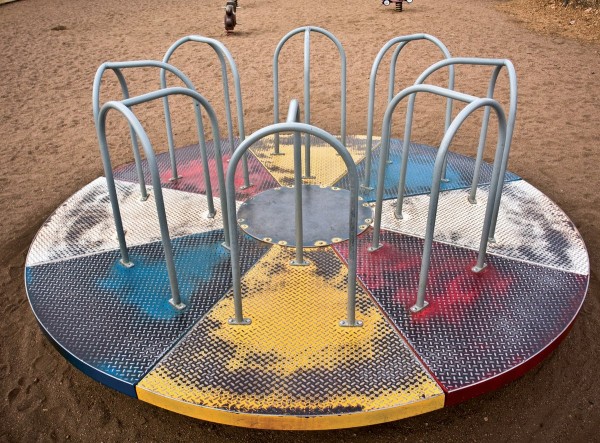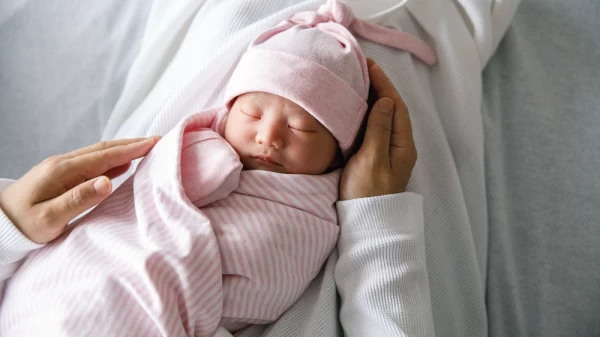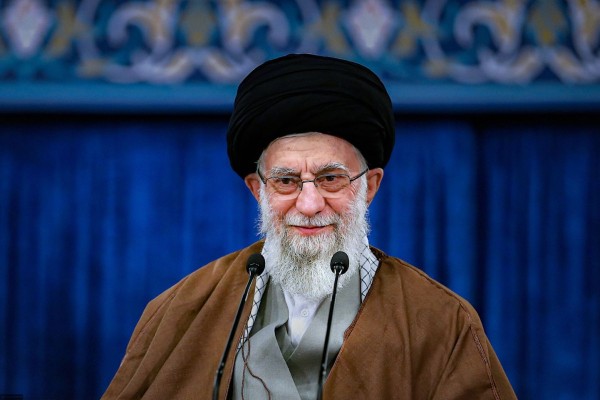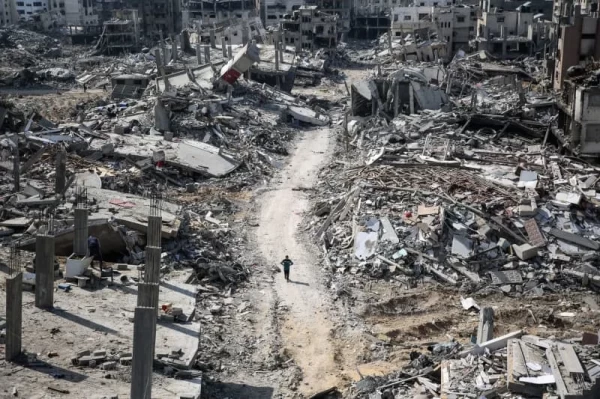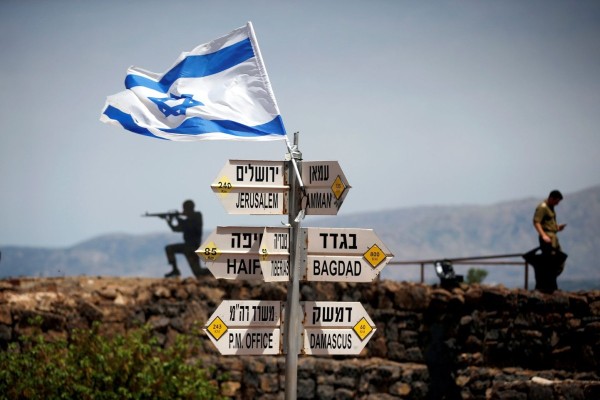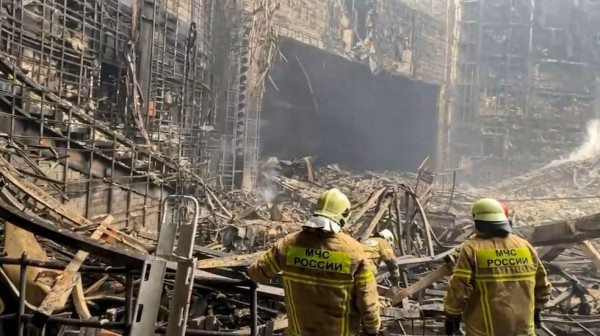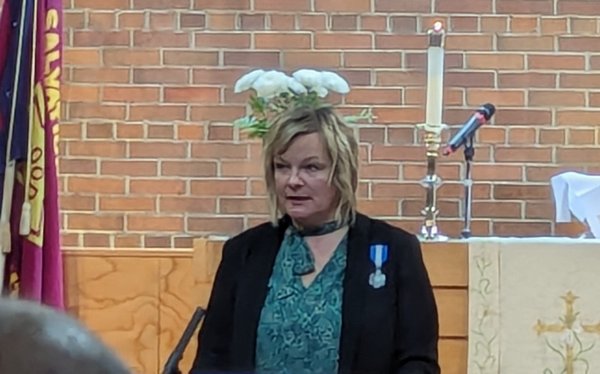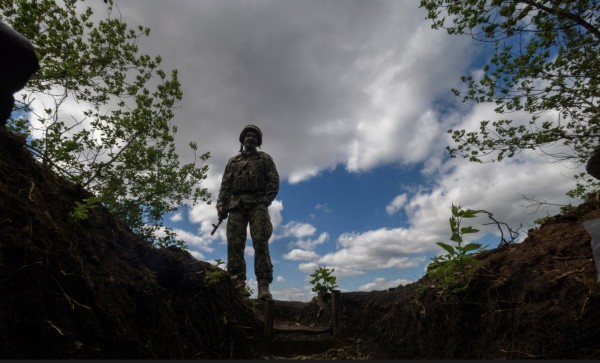The Kremlin has had the penchant for generations – legitimizing repressive policies and actions through conceptual maneuvers. Just recently Dmitri Medvedev warned university students from India against the idea of a universal democracy.
“Every democracy in the world is unique, and attempts to create a universal democracy, which could be applied everywhere, is pointless,“ said Medvedev. He also cautioned western governments not to implement their democratic institutions in other countries.
Medvedev mentioned that citizens must have the right to criticize political systems, but not to bypass periods of historical development. “Attempts to jump ahead in time may end in tragedy.”
Opposing the concept of universal human rights is the notion of cultural relativism, which maintains that only local cultural traditions properly determine the existence and scope of civil and political rights enjoyed by individuals in a given society. It derives from the idea that all cultures are equally valid and that standards of judgment are internal to religious, political, legal and other traditions.
Cultural relativism stresses that values arise from particular social, cultural, economic and political conditions and vary widely between different communities. This stance lends itself perfectly to state leaders justifying and rationalizing repressive practices, policies which in essence, have no philosophical or cultural justification.
Medvedev’s position, something that Vladimir Putin has often reiterated, claims that Western ideas are not valid and their motives are in fact illegitimate. This harkens back to the Helsinki Accords follow-up conferences that tried to monitor and evaluate improvements in human rights advances, when Soviet delegates insisted that the West not stick their noses into the USSR’s “domestic affairs”. The Soviets had the self-righteous arrogance to dismiss Western attempts to expose gross human rights violations within the Soviet bloc. At the time it had been well established that human rights no longer remain only within the jurisdiction of a country’s internal policies.
The killings of Russian journalists during recent years now total into the hundreds. The half-hearted attempts to solve these cases betray an official unwillingness to reveal culprits and motives. The systematic suppression of any political opposition in Russia vividly bespeaks of continuing, autocratic one-party control.
The juxtaposition of universal values and cultural relativism within Russia was starkly illustrated in 2008 when the west commemorated the 60th anniversary of the adoption of the Universal Declaration of Human Rights. Russian reactionaries denounced it as aggressive colonialism, as another attempt to impose Western values on other cultures.
The ideology of the Russian political elite helps justify the rejection of international institutions and Western criticism of political developments in Russia. The Kremlin’s concept of “sovereign democracy” has invigorated the 19th century tsarist mantra of “Orthodoxy, autocracy and nationality”. Aleksandr Dugin, head of the Centre for Conservative Studies at Moscow State University states that the Russian understanding of rights and values more closely resembles Islamic tradition than Western liberalism. “We both reject specific aspects of secular, Western, European, individualistic conception of human rights.” The Kremlin’s ideologist Vladislav Surkov advocates for restricting the influence of international law, global economic bodies and Western opinion on Russian development. Indeed the Kremlin has made it difficult for Russians to take complaints to the European Court of Human Rights in Strasbourg.
By concealing repressive policies in the name of societal interest, Russia has an elegant defense against implementing human rights. It’s not important to the Kremlin that this is framed by the West in a negative light, because, they claim their policies are aptly suited to Russian society and derive legitimacy from history. But Russian human rights activists still insist that the West must keep up the persistence and determination necessary to affect real change.

Universal human rights à la Kremlin (16)
Viimased kommentaarid
Kommentaarid on kirjutatud EWR lugejate poolt. Nende sisu ei pruugi ühtida EWR toimetuse seisukohtadega.
It's proof on a platter that you see things via a fun-house mirror.
You are to be pitied and, indeed, you would be if you didn't work so hard at being provocative and obnoxious.
You are to be pitied and, indeed, you would be if you didn't work so hard at being provocative and obnoxious.
Toomas has the uncanny ability to see everything to do with Russia in straight black and white colors. He sees no progress in Russia, though ask him why Russia is economically not as hard hit as the rest of the globe and he will always avoid answering! Ask him about shortfalls in democracy and he will always scream in your ear with a voice of autocracy which is usually reserved for genuine dictators. Toomas is just plain scared of giving credit to anyone except the lunatic fringe on the right.
Toomas, your condemnation of Tudjman surprises me. Was he not a patriot who fought against both communism and Serbian agression and became the father of a free and independent Croatia? Don't forget that those were difficult times and we were very lucky that similar violence did not occur in Estonia.
Arvamus
TRENDING






